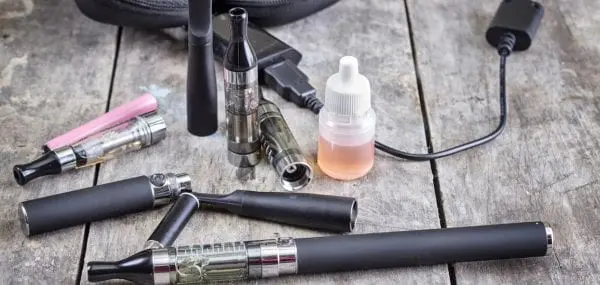Dear Your Teen:
My teenager has admitted to smoking marijuana. I’m worried. What now?

Answer:
If your teen discloses that she has tried marijuana, acknowledge her trust in you to disclose the information. This action is a positive step and is another great opportunity to teach and connect. Although the information can be frightening, take care not to react out of emotion and jump immediately to critical judgment, since this emotional reaction may easily result in the teen putting up a wall.
Conversations You Should Have about Marijuana
Talk to your teenager about situations where she comes into contact with marijuana. Ask her about her thoughts and beliefs, and listen with the intent to understand. Take the opportunity to provide factual information. Teens are often uninformed of the true effects and dangers of marijuana use, particularly how it impacts judgment, decision-making, and brain functioning, and a well-informed parent has a better opportunity to discuss valid and useful information to guide their teens. Share your beliefs and values in the conversation. Jointly brainstorm options about how your teenager can decrease her exposure and risk. Finally, set specific expectations for your teen, since she still relies on you, as a parent, to help set guidelines for behaviors.
Families and parents play a significant role in guiding adolescents. This role includes having discussions about risky behaviors, such as substance use. In fact, literature suggests that the quality of family life and parents’ attitudes and behaviors trump peer pressure in influencing their teens’ substance use.
Guidelines for Talking About Risky Behavior
If your teenager is hanging out with peers who are also using marijuana and possibly engaging in other risky behavior, it’s imperative to keep the lines of communication open, keep a pulse on the situation and see if you can understand the attraction for your teenager. However, bear in mind that teens need to have adults who set appropriate boundaries to help guide and protect them. Follow these guidelines to start the conversation:
- Ask your teenager what they like and dislike about their peers.
- Share your observations, and remain objective and factual as much as possible.
- Share your impressions of your teen’s positive characteristics. Discuss your concerns as to how peers or certain situations may impact the teen’s potential and “hold them back” from capitalizing on these positive qualities.
- Lastly, identify specific expectations that you have for their safety and well-being. And, as much as possible, work to reach an agreement in meeting these expectations.





